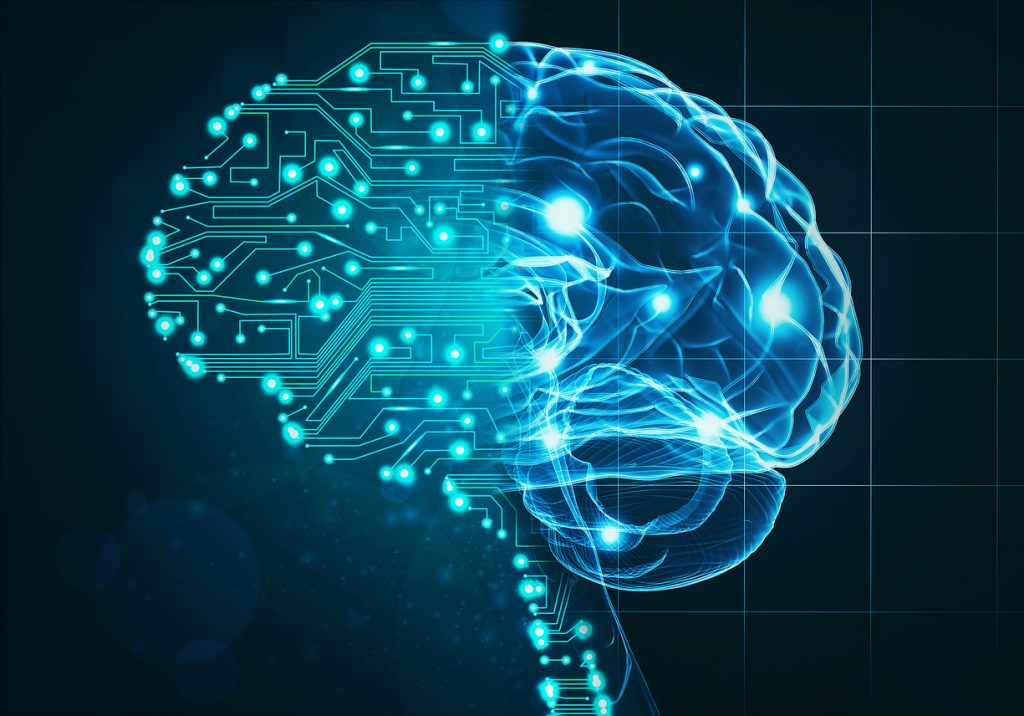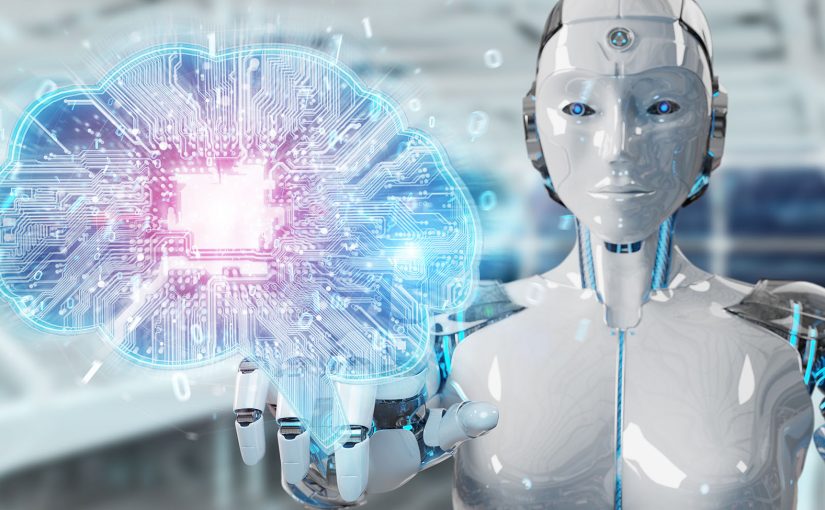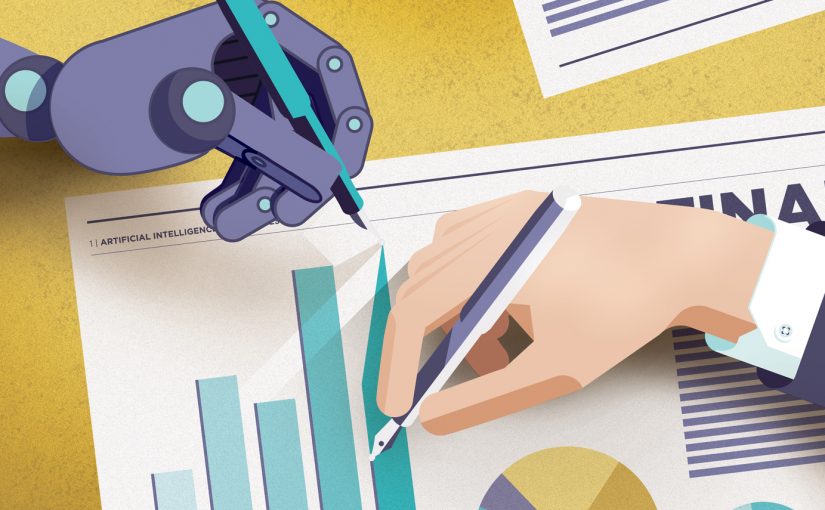Nowadays and in our time, artificial intelligence surrounds us everywhere. While many people don’t realize it, this new technology has become an integral part of our modern life. Some types of artificial intelligence are surprisingly simple, like the technology that controls Roomba or the technology that controls the temperature in your home.
This technological development may be important to everyone, but everyone involved must be careful that something goes wrong. One of the main arguments of the proponents of artificial intelligence is how much it can help people in their daily lives. For example, autonomous vehicles can help people who don’t drive. These vehicles can also help reduce accidents due to distractions or driving impacts. Since artificial intelligence is not distracted or even needs to rest, these vehicles can travel as long as necessary without risk of injury to people. Building an autonomous car requires the implementation of autonomous sensors (which detect and identify the environment and moving objects very precisely) and autonomous software that is smart enough to operate and make decisions based on the information it receives from the car. . . Sensors With artificial intelligence, this software can effectively manage steering, motion planning, and system control.

Another important thing to note about the autonomous car is that it is no longer just a concept: the technology is progressively being developed, implemented and tested. The leaders of the world’s most successful automotive companies, such as Clinc, express a genuine interest in technology and believe that this is what awaits us in the future.
Then there are things like advanced AI-powered security systems. These safety systems are similar to artificial intelligence in vehicles in that they do not need to rest and never tire. These systems can also be used to see what the average person could lose because they can process a lot of information at the same time. Of course, this is not ideal and the systems are still missing something, but they get better every day. With all this progress in such a short time, it should be obvious that the trend will continue.
More and more systems will become more and more advanced, whether it’s something simple, like systems that help remove trash, or something as large as a system that can build skyscrapers using just robots. There’s no way of saying exactly what the next big event will be in five years, the only thing that is known for sure is that it will hopefully work to make people’s lives easier.


